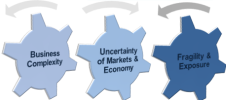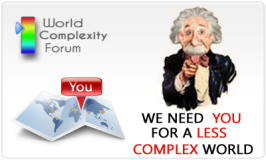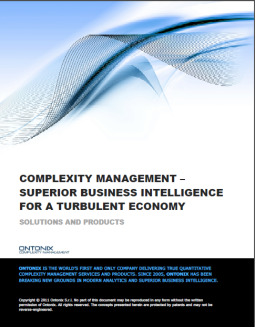Don’t (just) believe your eyes:: heuristics + complexity = guesswork
Saturday, 28 April, 2012 Leave a comment
The perils of making assumptions about the integrity of an object, individual, entity, etc. are beautifully summed up in the familiar expression “never judge a book by its cover”! Despite this knowledge, I will guarantee that we have all done it, regretted it, learnt a (sometimes painful) lesson and moved on. But that still doesn’t stop us from making misjudgements again and again in our daily lives. It’s human nature. Heuristics is a very useful ally to marketers as they can exploit it to “mask a multitude of sins”!
We need to be aware of our own limitations when it comes to dealing with the highly complex. And it doesn’t get more complex than the human body or the digital world of molecular engineering and nano technology. Hence the brief science lesson:
In excess of 99.9% of the “Electromagnetic Spectrum” (below) is outwith our visible spectrum i.e. it is hidden or “invisible” but it is there and it contains information that could, literally, make the difference between life or death! Read more of this post











